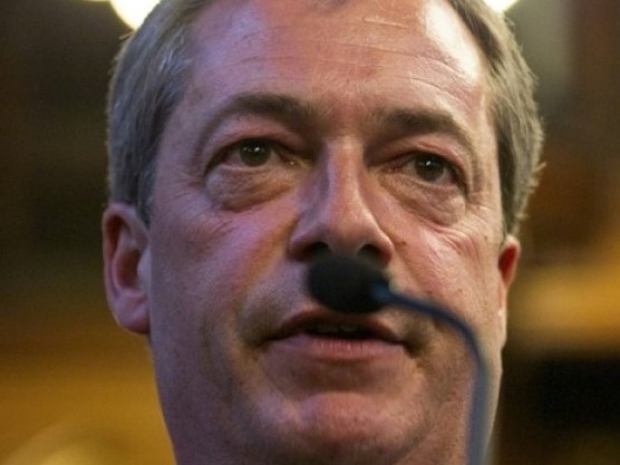For those who came in late, Farage has started a party with no policies which is centred on himself being an outspoken opposer of Brexit. Ironically his first move is to stand in the European elections.
However a team of boffins at RemainVoter.com are using data analysis techniques to unhinge his plans. The site promises to identify the best tactical voting options to stop candidates from Nigel Farage’s latest party winning a seat in the upcoming European elections.
The site uses a new mathematical model to power a tactical voting engine for the European elections, said team leader and ex-Google software engineer Cheryl Hung.
“We are entirely non-party political. Our sole aim is to remain in the EU as we see the damage that leaving it will do to our country.
“We understand that party politics, political reality and technical factors prevented a pro-Remain alliance. We are asking people to join forces, get together and make their vote count so their voice can be heard.
“Nigel Farage might be telling everyone he has it all sewn up but together, as Remain voters, we can be a real force for good.”
RemainVoter.com was established by a small group of open source advocates, data scientists and techies with £500 and its goal is to secure Remain parties the highest number of overall seats in the European Parliament.
As things stand at the moment, Hung said Remain parties could likely return just seven MEPs to Brussels – but with the website’s help, tactical voting could increase this significantly.
“We are behind all-pro Remain parties,” she said. “We are cutting through the heat and noise of party politics and letting the data provide clarity for Remain voters. We are conscious of the responsibility that we have, so transparency is critical.
Remain Voter has experienced data scientists and mathematicians who have built a D’Hondt model which will openly and transparently display predicted results based on the latest polling, without party political bias.
The team is putting the finishing touches to its model, which will give voters a clear indication on which Remain political party to vote for on 23 May in all of the 12 UK regions that are sending MEPs to Brussels.




